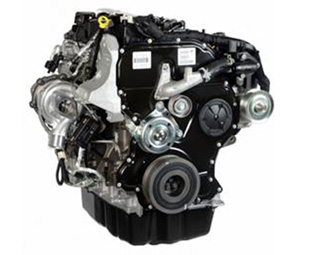Engines to last a lifetime

Today’s engines are largely tough as nails. They only ever have to be replaced if something catastrophic happens to their internals, but what if old engines could be recycled to be as good as new and given another full life?
Ford has developed its patented Plasma Transferred Wire Arc thermal spray process, which reduces CO₂ emissions by 50 percent compared to producing a new engine. It also requires far less material.
“Traditional engine remanufacturing techniques can be prohibitively expensive and energy intensive, requiring iron-cast parts and intricate machining processes,” says Mark Silk, supervisor: Powertrain Products, Ford Customer Services Division Europe.
“The Plasma Transferred Wire Arc coating technology removes the need for additional heavy parts, and the processed engine block has a new life as the base of a replacement engine,” he adds.
The technology applies a spray inside of the worn-out engine block that helps restore it to its original factory condition. It is based on a process originally developed to enhance performance models – such as the Ford Mustang Shelby GT 350R.
“It is just one example of how Ford is looking to reduce its environmental footprint through a range of innovative measures,” says Juergen Wesemann, manager, Vehicle Technologies and Materials; Ford Research and Advanced Engineering.
Published by
Focus on Transport
focusmagsa




